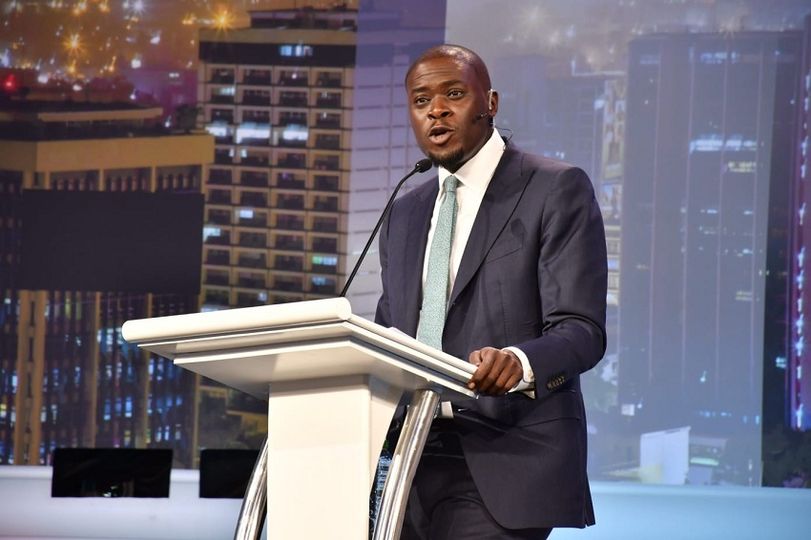Nairobi Governor Johnson Sakaja’s recent move to register a private entity, “Nairobi Green,” to manage the capital’s garbage collection has ignited a storm of controversy. What was ostensibly presented as a strategy to streamline waste management has quickly unravelled into what critics describe as a thinly veiled attempt to enrich cronies and siphon public funds.
A document from the Registrar of Companies reveals that the new firm is wholly owned by Nairobi County, but the shareholders are exclusively senior members of the county executive. The County Executive Committee Member (CECM) for Environment and the CECM for Finance each hold equal shares, while the County Secretary and Chief Officers for Environment and Finance serve as directors. This blatant concentration of power within the executive raises serious concerns about accountability and transparency.
Critics argue that the plan is a misguided attempt to entrench patronage, sidelining elected leaders and failing to engage the public. “Leadership should involve everyone,” one person remarked.
Meanwhile, Nairobi South MCA Waithera Chege has accused Sakaja of flouting due process by failing to conduct public participation as required by law. She noted that the registration was rushed and questioned the logic of listing individuals, rather than offices, as shareholders. “If he reshuffles his cabinet, will he keep returning to the Registrar of Companies to update names?” she asked.
The Controller of Budget’s 2023/2024 audit report further exposes the rot in Nairobi’s garbage collection system. The report highlights questionable payments amounting to KSh 72.9 million for machinery hire at the Dandora Dumpsite, with contractors billing the county for hours worked even before the contract was signed. This casts doubt on the authenticity of the records and raises serious concerns about mismanagement and fraud.
Despite the outcry, Sakaja remains defiant. He has insisted that the new company will operate transparently, akin to the Nairobi Water and Sewerage Company. However, his assurances ring hollow to critics who view the move as a power grab to control a sector worth KSh 1.8 billion.





